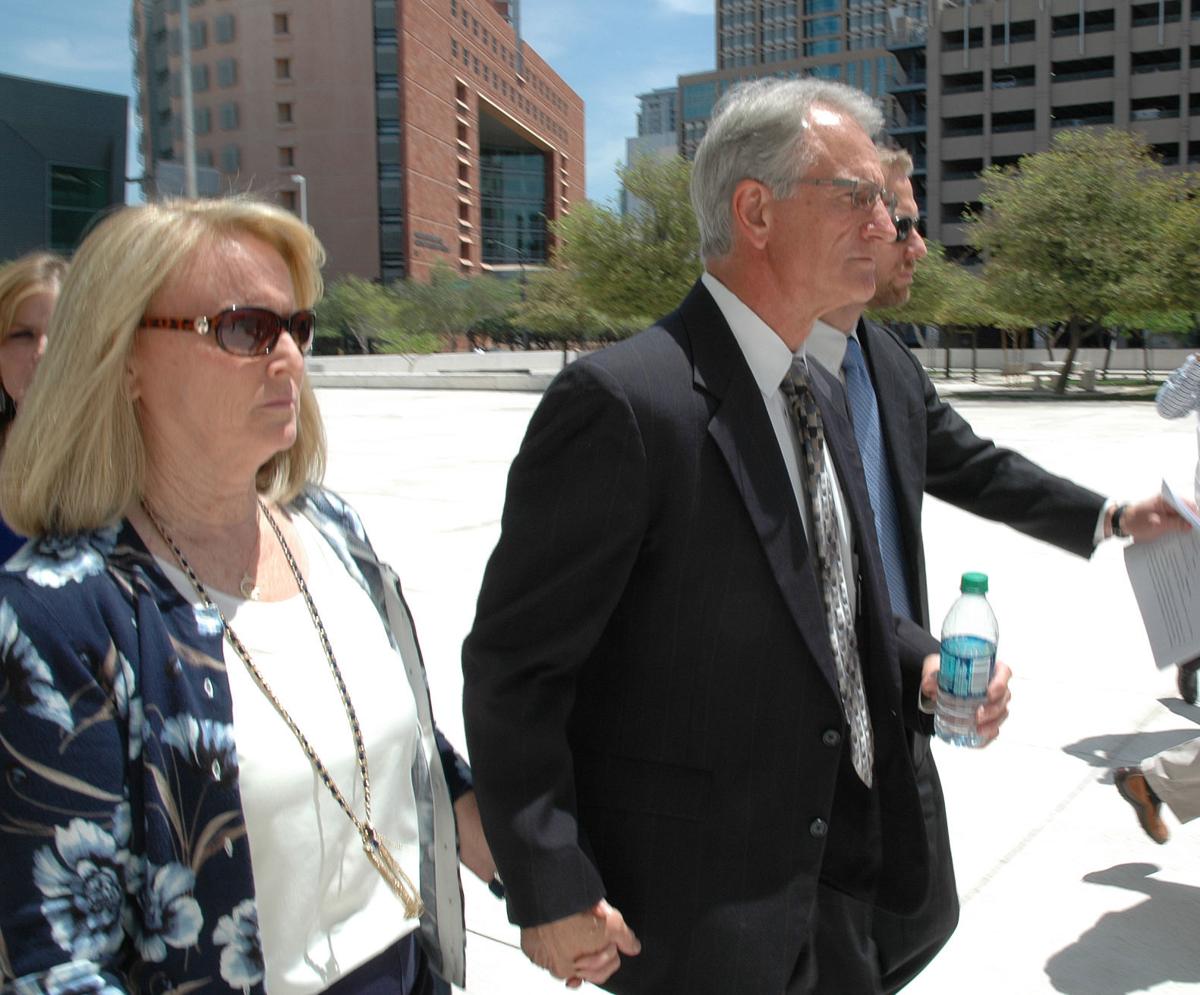PHOENIX — The trial set to begin next week against a former state utility regulator involves charges of bribery and fraud.
But the attorneys for Gary Pierce and his codefendants want to ask potential jurors about their views on love, marriage and affairs and the people who have them.
The Dr. Phil-style questions appear to be related to the fact that a key witness is Kelly Norton, the former wife of a lobbyist who is central to what federal prosecutors say was a scheme to funnel cash from a utility executive to Pierce in exchange for his votes on the Arizona Corporation Commission.
But any inquiry along that line is drawing objections from the Department of Justice. And that means it will be Judge John Tuchi who gets to decide.
Central to the case is the allegation that George Johnson, who owns a utility company that bears his name, paid $31,500 to Kelly Norton, through an arrangement with Kelly’s then husband Jim, a lobbyist. Kelly Norton then gave the money to Sherry Pierce through what the government contends was a sham contract, with Sherry Pierce not really required to perform any work.
Sherry Pierce then put the funds into a joint checking account she had with her husband, Gary.
There also are charges that Pierce sought to buy some land in Mesa, but in a way to conceal the fact that it would be Norton listed as the buyer and Johnson providing the funds.
The motive, according to the indictment, was to get Gary Pierce to push through a change in commission rules that allowed the owners of small utilities like Johnson to pass on the cost of their personal income taxes to ratepayers. Pierce as a member of the commission also voted to increase the value of Johnson Utilities, a move that resulted in a rate hike.
Of note is that the indictment mentions an “unindicted co-conspirator.”
It turns out that is Kelly Norton. And with her testimony crucial, the defense attorneys want to ask some questions about things that may turn up during the trial which could address how jurors might view the credibility of her and her indicted ex-husband.
For example, they want to know if jurors have ever been in a relationship where a partner had an affair.
“If so, do you have any feelings of resentment that might affect your ability to serve as a fair an impartial juror, if you hear evidence that one of the defendants had an affair?” the defense team proposes to ask.
It doesn’t stop there.
“Do you believe that someone who has an affair is a bad person?” defense lawyers want jurors to answer. “Do you believe that sometimes people just fall out of love?”
Most of the other questions proposed are fairly routine and have been agreed to by both federal prosecutors and the defense team.
But not all of them.
Lawyers for the defense want to know whether potential jurors belong to any organizations “that advocate the weakening or strengthening of criminal laws relating the possession of firearms.” Prosecutors argue there’s no need for that.
There also is a question about how would-be jurors feel about the accuracy of the news media.
That is not drawing objections from the government. But they want Tuchi to yank a related question about the degree to which jurors “rely upon the truthfulness of the news media.”





